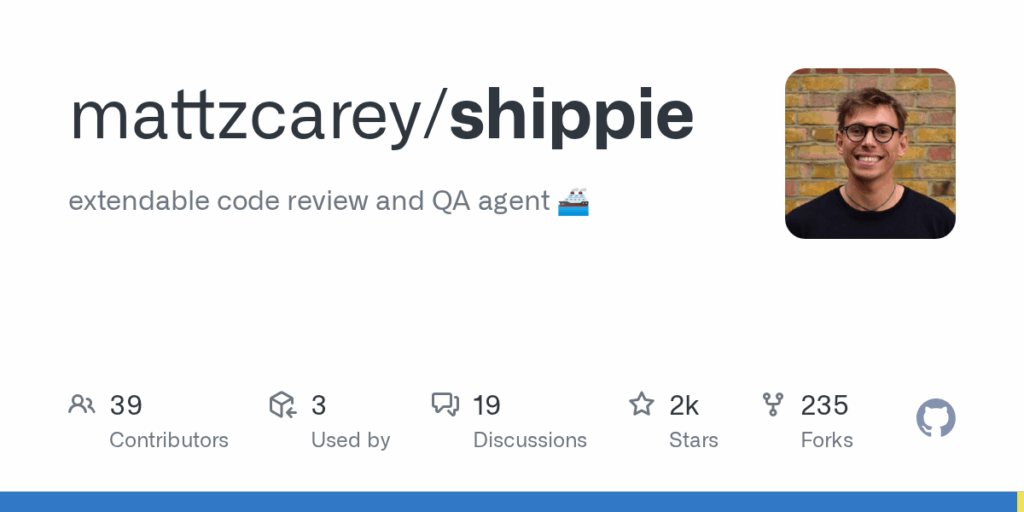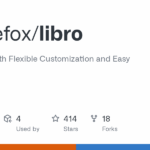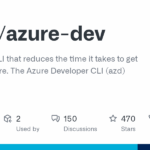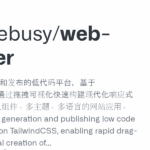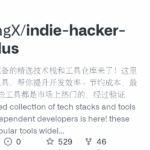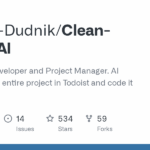shippie
Basic Information
Shippie is an open source CLI and CI/CD tool that uses large language models to perform automated code reviews and quality checks. It is designed to run as part of a repository's pipeline or locally on a developer's machine to identify issues such as exposed secrets, slow or inefficient code, potential bugs, and unhandled edge cases. The project is written in TypeScript and targets bun but supports common Node workflows. It provides documentation and configuration for rules files, AI provider settings, and action options so teams can tailor checks to their codebase. Shippie also functions as a Model Context Protocol (MCP) client to integrate with external tooling like browsers, deployments, and observability systems.
Links
Stars
2226
Github Repository
Categorization
App Details
Features
Shippie offers LLM-powered code review capabilities that scan staged files or CI runs for security and quality problems. It highlights exposed secrets, performance concerns, likely bugs, and edge case issues. The tool can be invoked locally via a CLI command and integrated into CI/CD pipelines through provided action options and examples. Configurable rules files let teams customize checks and severity. There is documentation for switching AI providers via an AI provider configuration. The project is implemented in TypeScript with bun-first development, ships as an npm package, includes a demo and contributor tooling, and implements MCP client functionality for controlled access to external tools and contexts.
Use Cases
Shippie helps development teams catch common and subtle issues earlier by automating part of the code review process with LLM assistance. Running in CI/CD prevents regressions and secrets from being merged, and the local CLI lets developers run checks before pushing changes. Configurable rules and AI provider settings let teams adapt the tool to their standards and preferred models. The MCP integration enables richer checks by allowing limited interactions with external systems for context. Setup instructions describe dependency installation, environment configuration for an OpenAI API key, and start commands, making it practical to adopt in existing workflows and reduce manual review load.

